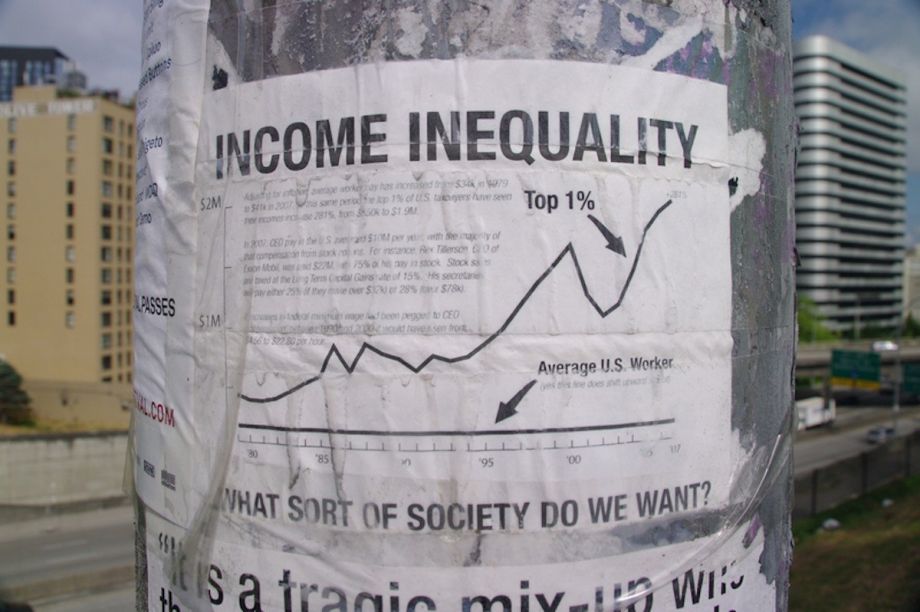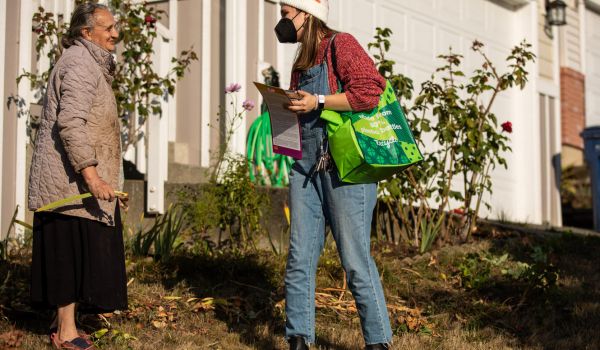Over at Governing, Tod Newcombe argues that mayors can’t really fix income inequality. On the surface, he’s right: It’s a massive endemic problem that calls for solutions at the federal level. But cities can do their part to make things marginally better and, hopefully, inspire change at the national level.
First off, there is the power of mayors to literally raise wages. Late last year, Sea-Tac, a city of 27,000 near Seattle, raised its city-mandated minimum wage to $15 an hour. That, along with grassroots-driven wage hikes in San Francisco and San Jose, was enough to get people riled up about minimum wage and escalating inequality. Seattle itself imposed a $15-per-hour minimum wage for city workers this past January.
All these efforts haven’t changed the national federal wage — though President Obama, upon delivering his State of the Union address, did sign an executive order raising the minimum wage to $10.10 an hour for federal contract workers — but they helped make it a talking point for liberals and conservatives alike and of course, put more money in the pockets of thousands of minimum wage workers.
Beyond mandating higher wages for workers, there are manifold ways mayors can fight symptoms of inequality, if not inequality itself. They can support affordable housing measures that limit that amount of money going to pay rent, subsidize pre-k programs that give poor kids a leg up and create value in neighborhoods by planting trees, maintaining parks and clearing blight. These fairly basic City Hall duties are the building blocks of a more just society — a less unequal place.
Where Newcombe and I agree,however, is the need for mayors to see outside their cities.
From Newcombe’s piece:
Sure mayors can create a climate of fairness by working with key stakeholders — businesses, labor groups, nonprofits, the education community — to develop opportunities for good paying jobs and affordable housing. But what mayors can really do, [Edward] Glaeser and [Alan] Berube say, is work with partners beyond the city limits: the more cross-border and regional partnerships, the better.
I’ve long advocated for more regionalism, or the notion of cities working together with their suburbs to lift everyone’s municipal budget. The Twin Cities and Portland have had success with the idea. And if L. Brooks Patterson wasn’t such a sprawl-loving monster, it could help link Detroit with its suburbs (who are complicit in the Motor City’s current state). Not all cities, however, have a geographically viable regional base to work with. So they have to take care of the folks within their city limits.
Indeed, just as no single force created inequality, no single mayor can solve inequality. From housing policy to minimum wage to early childhood education, counteracting inequality demands national policies. As Slate’s Matt Ylgesias noted in August, “Tackling big national issues requires national political mobilization.”
But how do you spur national political mobilization? By successful and progressive local movements — the type of work mayors do.
The Equity Factor is made possible with the support of the Surdna Foundation.

Bill Bradley is a writer and reporter living in Brooklyn. His work has appeared in Deadspin, GQ, and Vanity Fair, among others.

















